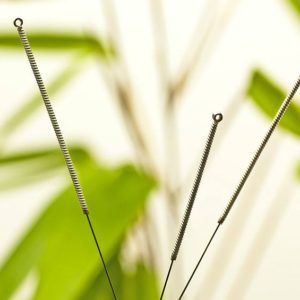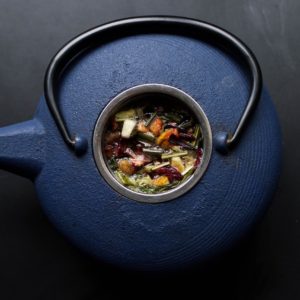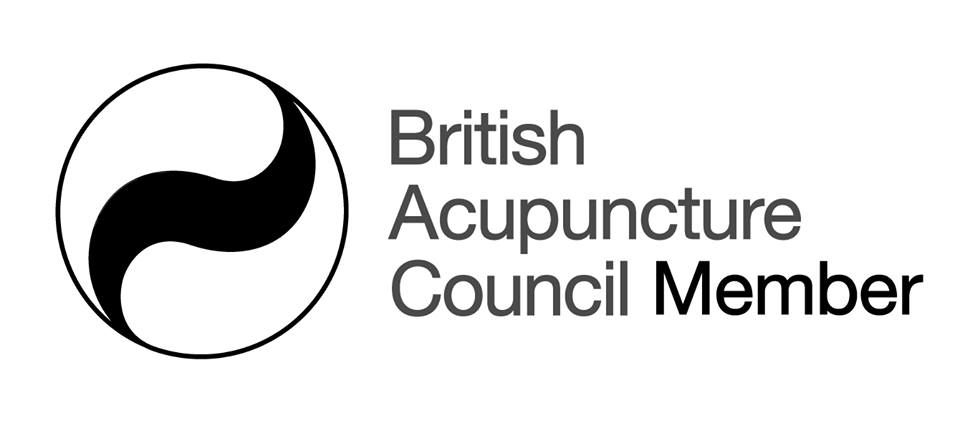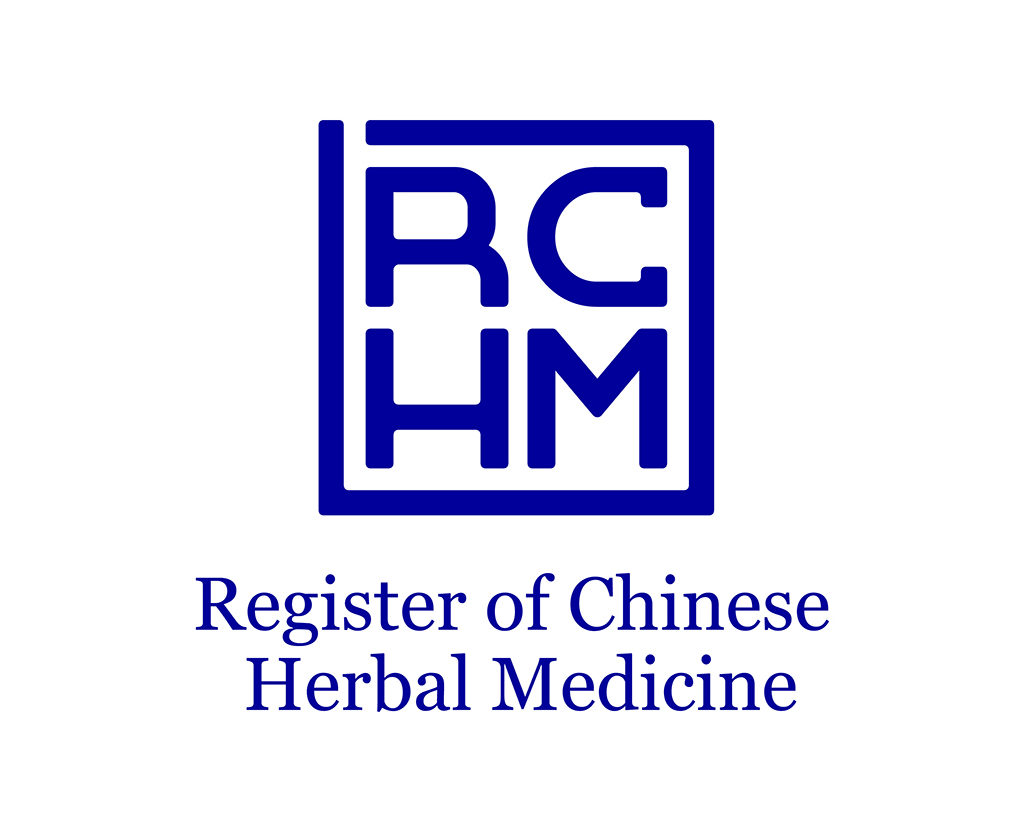Supporting mind and spirit
Natural remedies for health

Your mind and emotions
From a Western perspective, the brain is the master regulator, It controls your physical functions and your interactions with the world. It processes sensory input, signals hunger and thirst, moves your muscles and joints and helps keep you safe from danger. It regulates your heart beat, your sleep-wake cycles and reproductive hormones.
It also houses the mind and emotions,, your thoughts, memories, attitudes, beliefs, hopes and desires. Philosophers have debated the relationship between brain, mind and ‘spirit’ since time immemorial. In our own time the ‘scientific’ and neurological view holds sway.
Advanced imaging techniques re-enforce the idea that our brains are complex computers with different areas dedicated to different functions, though there is little understanding of how these different areas inter-act.
So whilst connected to the body and dictating how it works, the brain is seen as somehow distinct and separate from it.
Where this leaves the mind and emotions is anyone’s guess. Whether the mind (and spirit?) dictate how the brain reacts or vice versa is up for heated debate.
Chinese medicine (CM) has a more holistic view. The brain is known as one of the ‘extraordinary organs’ and also ‘The Sea of Marrow’ but like all the internal organs in Chinese medicine, it is just one part of a continuum.
According to the Nei Jing (The Yellow Emperor’s classic of internal medicine)
The brain is said to control intelligence, memory and the 5 senses. It’s controlled by the kidneys and has a special relationship with the heart and the liver.

Shen - the Chinese heart-mind
According to CM, our consciousness, emotions and thoughts are not housed in the brain but in the ‘Shen’., which in turn is housed in the heart. Sometimes translated as ‘spirit’ and sometimes as ‘heart-mind’ it is said to reside in the heart and to be responsible for our mental, spiritual and creative lives.
Perhaps the shen is what embodies our uniqueness as expressed in this famous quote from Martha Grahame
The shen is said to be the master (emperor) of all the emotions. If there is a disturbance in any of your emotions, the shen will also suffer and can lead to insomnia, anxiety, depression, forgetfulness and so forth.

Your emotions and your body
Your emotional makeup is a normal healthy part of who you are, but if one emotion, say sadness or worry takes over, the balance is lost and you can become ill.
Because Chinese medicine ascribes each emotion to a particular organ, if the emotion is out of balance you can suffer physical symptoms related to that organ not working very well..
For example, anger is associated with the liver. If you hold on to anger for a long time, it can affect the liver function and you might suffer from headaches or digestive problems.
The opposite is also true. That is, for example, if your digestive system (spleen) is struggling, you might find yourself starting to worry or over-focus on things.
| Emotions & organs | |
|---|---|
| Joy & happiness | Heart |
| Anger | Liver |
| Worry & pensiveness | Spleen |
| Sadness & grief | Lung |
| Fear & fright | Kidney |
External factors can also affect your emotions – weather, environment, noise – and we all know how stress can cause multiple health problems ranging from digestive problems to infertility. Chinese medicine describes how this happens through it’s organ/emotion model.

Chinese medicine and mental health
According to Chinese medicine theory there are 5 spirits, each of which is associated with an internal organ
| The 5 spirits | Organ | |
|---|---|---|
| Hun | Liver | Ethereal soul |
| Po | Lng | Corporeal soul |
| Yi | Spleen | Intellect |
| Zhi | Kidney | Will |
| Shen | Heart | Heart-mind |
Each of these ‘spirits’ is responsible for particular aspects of your being. If a spirit, or the organ that houses it, is disturbed, you could find yourself suffering from a western defined condition such as anxiety, depression.
For example, the hun, which resides in the liver is responsible for empathy, compassion, tolerance and benevolence.
If something disturbs the hun it can lead to feelings of resentment, frustration, anger and unkindness Liver diis-harmonies are commonly associated with irritability and muscular tension.
Feelings of fatigue and apathy can arise from a ‘spleen’ qi deciency, spleen or kidney yang deficiencey or liver blood deficiency .
Sleep and memory problems might come from heart/shen disturbance, and sadness or over-reaction to circumstances can indicate a lung pattern.
So by considering both the emotional and physical symptoms, a therapist can work out which organ/system is out of balance and use acupuncture, herbs, and perhaps meditation, qi gong or other techniques.
Traditional Chinese medicine…psychiatric disorders. A review of theory
You can support your own mental and emotional health with meditation, qi gong, and good nutrition and when appropriate, acupuncture and herbal medicine.
If you’d like to find out if Chinese medicine might be for you, please get in touch






